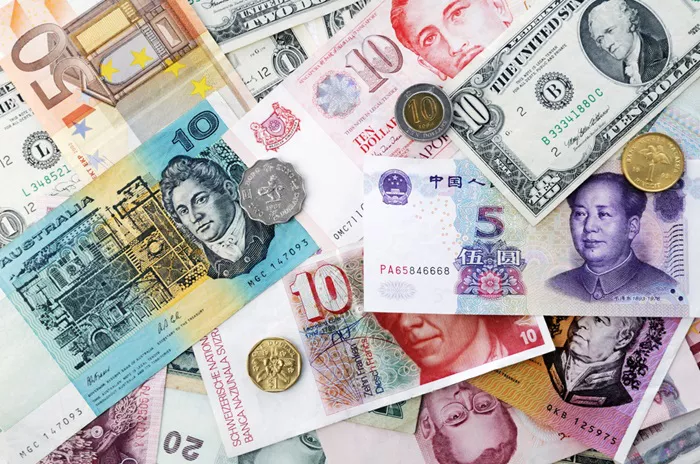The recent decline of the US dollar might offer Asian central banks an opportunity to ease monetary policies, as its sustained weakness provides them with more leeway. This week, Asian currencies reached a five-month high against the dollar, driven by significant shifts in global markets, including growing concerns over the Federal Reserve’s slow pace in adjusting policy.
On Monday, Malaysia’s ringgit and the often-depressed Chinese yuan led the rise in emerging Asia currencies. However, Bloomberg’s Asian currency index showed some weakening on Tuesday.
Asian central banks, including those in China and South Korea, have been cautious about lowering interest rates due to concerns about currency stability, despite lower inflation pressures compared to major developed economies. Elevated US yields have previously deterred global investment in Asia, but this trend may reverse as expectations grow for Federal Reserve rate cuts.
Frances Cheung, a rates strategist at Oversea-Chinese Banking Corp, noted, “The weakening dollar and lower US yields could provide Asian central banks with more room for potential monetary easing if domestic economic conditions warrant such actions.”
Investor sentiment shifted significantly after the Federal Reserve’s recent meeting, where Chair Jerome Powell hinted at possible rate cuts in September, a notion further supported by weaker labor market data released on Friday. Consequently, the swaps market anticipates nearly a 50-basis-point rate cut from the Fed in September, with increased expectations for lower policy rates in Korea, Thailand, and Malaysia.
On Monday, the Indonesian rupiah strengthened for the fourth consecutive session, bolstered by economic data indicating stronger-than-expected growth in Indonesia last quarter. Upcoming inflation reports from the Philippines, Taiwan, and Thailand will influence investor expectations regarding future policy directions in these economies.
A persistent weaker US dollar would mark a shift for Taiwan and Indonesia, which had previously raised interest rates to defend their currencies. India’s central bank is expected to adopt a neutral stance later this week, while rate decisions for the Philippines, Thailand, Indonesia, and Korea are anticipated later this month.
Bloomberg Economics’ Tamara Mast Henderson commented, “ASEAN currencies have remained resilient. If this trend continues, the Bank of the Philippines may cut rates next week, with Bank Indonesia potentially following suit.”
In China, the bond market has surged on hopes for additional rate cuts in the world’s second-largest economy. According to DBS Group Holdings Ltd., “Asian central banks now have more flexibility to adjust policies to meet domestic objectives if necessary.” Some central banks may implement rate cuts that were previously constrained over the past year.
However, uncertainties remain. Recent upticks in headline inflation in Korea and India, potential market volatility, and escalating geopolitical risks in the Middle East could impact the dollar’s role as a safe haven. Additionally, speculations about a potential return of the “Trump trade” — investments in assets like the dollar or Bitcoin expected to benefit from looser fiscal policies and higher tariffs if Donald Trump were to return to office — could also influence market dynamics.
Jon Harrison, Managing Director for Emerging-Market Macro Strategy at GlobalData TS Lombard in London, remarked, “Central banks are unlikely to cut rates until the Fed has made its move, especially given the current market volatility.”


